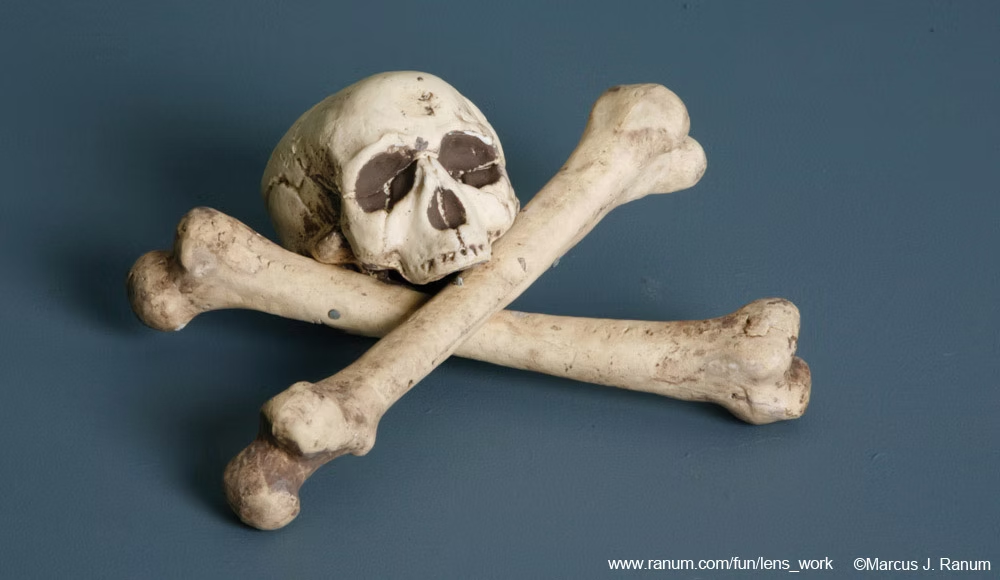Sometimes you need to look at the dark things in life and figure out how to giggle at them.
He who fights with monsters should look to it that he himself does not become a monster. And if you gaze long into an abyss, the abyss also gazes into you.
– Friedrich Nietzsche, Beyond Good and Evil
Around six or seven years ago, I enjoyed the unique opportunity to listen to a talk by MSgt Timothy Wilkinson (Ret.), a former pararescueman who earned the Air Force Cross for his heroic actions at the Battle of Mogadishu in Somalia on October 3-4, 1993. Parts of his experience were captured as part of a tapestry of many brave stories featured in the 2001 film Black Hawk Down. Hearing his perspective in person was powerful, but I was taken aback both by his humility and the darkness of his humor. That firefight resulted in the loss of 18 U.S. service members and the injury of eighty others, yet Tim’s memories of that night were peppered with humor, not death. He joyfully recalled how he and his team lamented the relative dangers of smoking and how they would need to file a missed meal voucher or even get a night of per diem reimbursed.
Gallows Humor
Dark humor – or gallows humor – is an incredibly valuable coping mechanism shared by members of the armed forces, law enforcement, medical personnel, firefighters, and other often trauma-filled occupations. The term gallows humor comes from the kind of jokes that arise from the condemned at the moment of their execution. As convicted murderer William Palmer ascended the gallows to be hanged in 1856, he is said to have looked down at the trap door and asked, “are you sure it’s safe?”
One of the finest popular examples of gallows humor is the 1972-1983 television series, M*A*S*H. Set against the backdrop of the Korean War, the deployed medical unit casually swung from joking over casualties in the operating room to wisecracking while taking cover during a firefight. What made it different from other war and action stories was that it never glorified the battle itself; the characters existed on the periphery, and their jokes were often tinged with tragic desperation. War wasn’t cool, sexy, or fun… it was something to cope with.
This brings me to the famous Nietzsche quote above, where he asks that those who wrestle with monsters must avoid becoming monsters themselves. While it’s well-known that humor is important to maintaining one’s mental health, being able to laugh about the monsters in life is essential to helping one process and accept them. Humor is fundamentally about reframing a moment without changing the underlying facts, helping us to experience it in a new way. It’s important to understand that such humor is healthy and therapeutic and entirely necessary for some people. If you work in a high-stress field that routinely exposes you to the darkest part of humanity, you either already engage in such humor… or probably need to start.
The Military Perspective
Serving in the U.S. Air Force, I’ve born witness to this on a near-rolling basis, especially while deployed overseas. Some moments can be so emotionally raw that I have to remind myself that if I can’t find a way to laugh at it, I’ll end up crying. I fondly recall one moment when my detachment in Iraq had a new senior enlisted join our team. Soon after arriving, he gathered everyone and loudly expressed his disappointment in our “lack of shenanigans.” While most found it funny, his point was clear: we were taking our work so seriously that it was starting to hurt the mission and our team. Since then, I’ve taken it as a small personal mission to keep deployments as light-hearted as possible, cheerfully asking teammates leaving on a mission to “Come back with your shield or on it!” or “May your landings equal your takeoffs!”
Joking about the terrible moments and the absurdities of warfare can be incredibly cathartic. There’s a good reason why Joseph Keller’s Catch-22 is one of my top 5 favorite fiction books. It brilliantly captured the insane brutality of flying as aircrew during World War II while wickedly lampooning some of the tropes of military organizational mismanagement and stifling government bureaucracy. One of the most therapeutic parts for me was realizing that some of the systemic issues that plague such a large and complex organization are not new or novel; to see Yossarian express discontent, anger, and fear over the same things as my teammates made me feel substantially better.
I have felt how jarring it can be to surround myself with civilians who may not understand the use of such humor and find it wildly off-color. It’s essential to know your audience. Sometimes the dark humor of the military can be civilian-friendly, like the aforementioned M*A*S*H and Catch-22. Others, like the recently introduced VetTV streaming service, are filled with the kinds of writing that would make many polite civilians turn several shades of rouge.
Conclusion
Throughout my time in the military, I have often been shocked to see how much myself and others resort to humor to grapple with all of the mental and emotional challenges inherent to what can be – at times – a rather grisly business. While jarring to polite society, this gallows humor is important and necessary to help each of us reframe these challenges and laugh at them. There are great examples of this type of humor placed in a military context in a variety of television shows and books; many of them have personally helped me through some tough times.
While I’ve listed some of my favorite dark humor, I know there are others. What are some of your favorites? Did any speak to you so directly and profoundly that they helped you through a dark point in your life?
